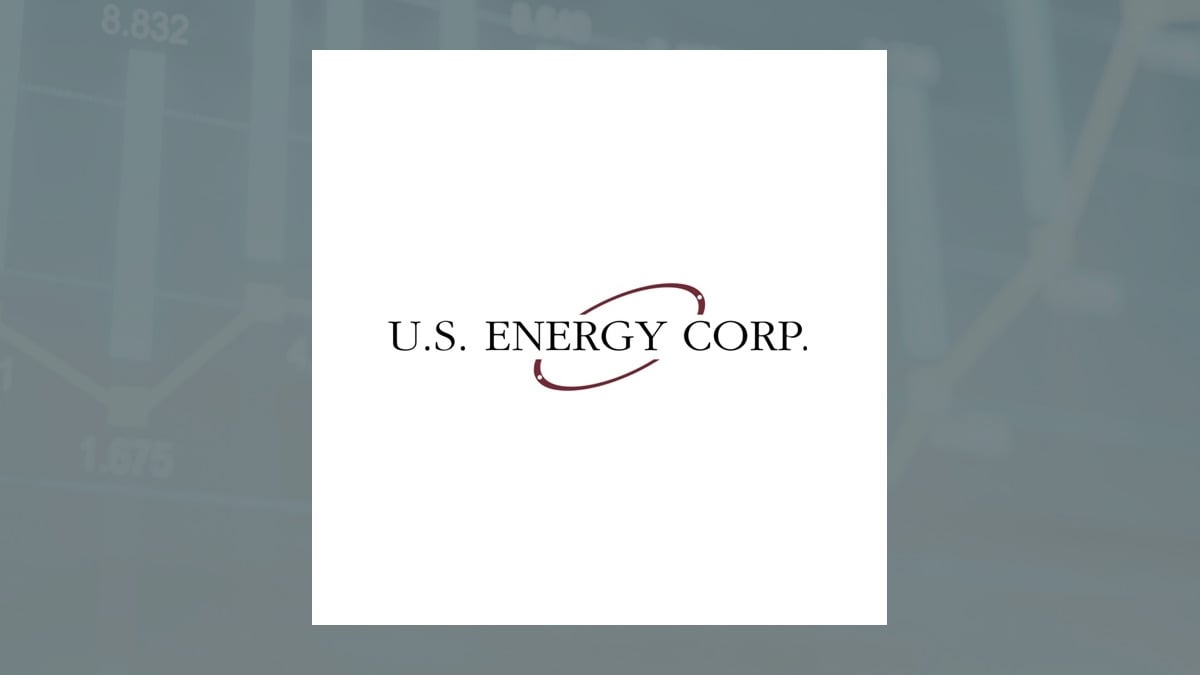Chesapeake Energy (NASDAQ:CHK – Get Free Report) and U.S. Energy (NASDAQ:USEG – Get Free Report) are both oils/energy companies, but which is the better investment? We will compare the two companies based on the strength of their dividends, risk, institutional ownership, earnings, analyst recommendations, profitability and valuation.
Profitability
This table compares Chesapeake Energy and U.S. Energy’s net margins, return on equity and return on assets.
| Net Margins | Return on Equity | Return on Assets | |
| Chesapeake Energy | 16.42% | 4.87% | 3.59% |
| U.S. Energy | -138.09% | -62.97% | -37.91% |
Analyst Ratings
This is a summary of recent recommendations and price targets for Chesapeake Energy and U.S. Energy, as provided by MarketBeat.
| Sell Ratings | Hold Ratings | Buy Ratings | Strong Buy Ratings | Rating Score | |
| Chesapeake Energy | 0 | 7 | 6 | 0 | 2.46 |
| U.S. Energy | 0 | 0 | 0 | 0 | N/A |
Insider & Institutional Ownership
97.9% of Chesapeake Energy shares are owned by institutional investors. Comparatively, 3.0% of U.S. Energy shares are owned by institutional investors. 0.2% of Chesapeake Energy shares are owned by company insiders. Comparatively, 70.9% of U.S. Energy shares are owned by company insiders. Strong institutional ownership is an indication that endowments, large money managers and hedge funds believe a stock is poised for long-term growth.
Volatility & Risk
Chesapeake Energy has a beta of 0.47, indicating that its share price is 53% less volatile than the S&P 500. Comparatively, U.S. Energy has a beta of 0.45, indicating that its share price is 55% less volatile than the S&P 500.
Valuation & Earnings
This table compares Chesapeake Energy and U.S. Energy’s revenue, earnings per share (EPS) and valuation.
| Gross Revenue | Price/Sales Ratio | Net Income | Earnings Per Share | Price/Earnings Ratio | |
| Chesapeake Energy | $8.72 billion | 1.24 | $2.42 billion | $7.42 | 11.12 |
| U.S. Energy | $32.32 million | 0.80 | -$32.36 million | ($1.61) | -0.63 |
Chesapeake Energy has higher revenue and earnings than U.S. Energy. U.S. Energy is trading at a lower price-to-earnings ratio than Chesapeake Energy, indicating that it is currently the more affordable of the two stocks.
Summary
Chesapeake Energy beats U.S. Energy on 12 of the 13 factors compared between the two stocks.
About Chesapeake Energy
 Chesapeake Energy Corporation operates as an independent exploration and production company in the United States. It engages in acquisition, exploration, and development of properties to produce oil, natural gas, and natural gas liquids from underground reservoirs. The company holds interests in natural gas resource plays in the Marcellus Shale in the northern Appalachian Basin in Pennsylvania and the Haynesville/Bossier Shales in northwestern Louisiana. As of December 31, 2023, the company owns a portfolio of onshore U.S. unconventional natural gas assets, including interests in approximately 5,000 natural gas wells. Chesapeake Energy Corporation was founded in 1989 and is based in Oklahoma City, Oklahoma.
Chesapeake Energy Corporation operates as an independent exploration and production company in the United States. It engages in acquisition, exploration, and development of properties to produce oil, natural gas, and natural gas liquids from underground reservoirs. The company holds interests in natural gas resource plays in the Marcellus Shale in the northern Appalachian Basin in Pennsylvania and the Haynesville/Bossier Shales in northwestern Louisiana. As of December 31, 2023, the company owns a portfolio of onshore U.S. unconventional natural gas assets, including interests in approximately 5,000 natural gas wells. Chesapeake Energy Corporation was founded in 1989 and is based in Oklahoma City, Oklahoma.
About U.S. Energy
 U.S. Energy Corp., an independent energy company, focuses on the acquisition, exploration, and development of oil and natural gas properties in the United States. It holds interests in various oil and gas properties located in the Rockies region, including Montana, Wyoming, and North Dakota; the Mid-Continent region comprising Oklahoma, Kansas, and North and East Texas; West Texas; South Texas; and the Gulf Coast regions. The company was incorporated in 1966 and is headquartered in Houston, Texas.
U.S. Energy Corp., an independent energy company, focuses on the acquisition, exploration, and development of oil and natural gas properties in the United States. It holds interests in various oil and gas properties located in the Rockies region, including Montana, Wyoming, and North Dakota; the Mid-Continent region comprising Oklahoma, Kansas, and North and East Texas; West Texas; South Texas; and the Gulf Coast regions. The company was incorporated in 1966 and is headquartered in Houston, Texas.
Receive News & Ratings for Chesapeake Energy Daily - Enter your email address below to receive a concise daily summary of the latest news and analysts' ratings for Chesapeake Energy and related companies with MarketBeat.com's FREE daily email newsletter.
